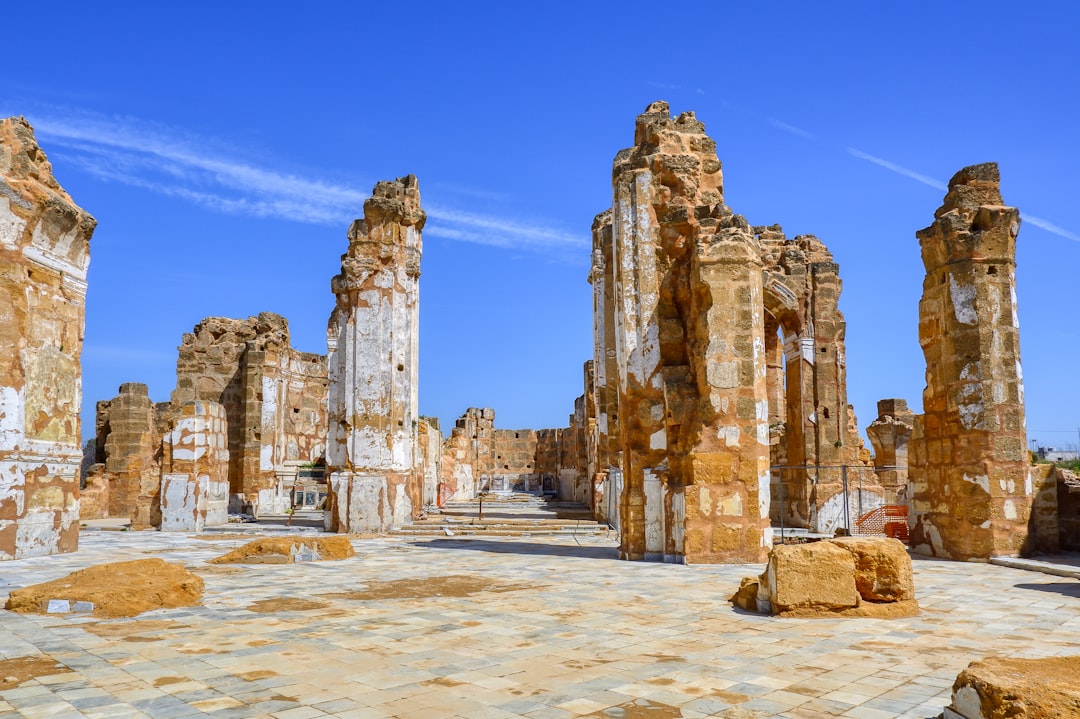What was it like to Be a Christian in the first century?
What was it like to be a Christian in the first century? What was it like to go to church in Antioch with Barnabas, in Corinth with Apollos, or in Rome with Priscilla and Aquilla?
It’s a fascinating question because it is a complex question.
There is the danger of forgetting the differences, assuming that things “now” were only a little different to how they were “back then.” The reality is that things were different, very different. Let me list some of the ways.
First, the early Christians did not spend all their time being Christian and doing Christian stuff. They were artisans, shopkeepers, slaves, scribes, and merchants who made a living and looked after families. That is not to say that their religious practices were hidden or compartmentalized. We have to remember that in the ancient world a thing called “religion” was not neatly insulated from everything else. Christianity could be an “add-on,” sometimes a “replacement” for other religious activities, and other times a comprehensive way of life that was meant to gradually permeate everything.
Second, the Bible was not the centre of their faith. The Scriptures, which meant the Old Testament in Greek, then eventually, the Gospels, Paul’s letters, 1 Peter and 1 John, and soon enough many other writings, were quickly venerated as being normative and were used in worship and for the instruction of converts. But most people did not have a copy of these texts and most people were not literate. It was an oral world, not exclusively, but orality was a big factor. Most people carried their Bible around not in bags, but inside their heads from quotes they had heard or memorized.
Third, the first Christians did not call themselves “Christians.” The term Christian means “devotee or partisan of Christ/Messiah.” The early church called themselves “followers of the Way,” “Nazarenes,” and “the church/assembly.” The name “Christians” was applied to the church first in Antioch by civil authorities as a way of distinguishing Jewish Christ-followers and their Gentile adherents from other Jews in the city. It is only later, during the Neronian persecution (and 1 Peter), and later in Antioch (at the time of Ignatius in the second century) that “Christian” becomes a term used by Christians.
Fourth, the biggest debates among Christians were about food and fellowship. If you read Acts 11 and 15, Galatians 2, 1 Corinthians 8, and Romans 14, the most contentious issues in the early church were over food, what kind of food should believers eat, and who could you eat the food with! That of course is an expression of a deeper point of contention. The early church also wrestled with how much newness there was in the new covenant, hence the discussions from Matthew to Hebrews about the relationship of Christ-believers to the Law of Moses. Do the food laws still count? If not, then how do you avoid contamination by impure pagan food?
Fifth, the early church lived at the intersection of many cultures, including Jewish, Greek, Roman, and local. The first Christians were part of Jewish messianic movement, under Roman rule, in the mostly Hellenized east, but even then local culture and provincial atmosphere also shaped Christianity. We have to consider how the local history, geography, and customs of a place like Colossae or Alexandria, shaped the expression of Christianity. We need to think beyond Jewish, Greek, and Roman categories and consider local particularities for every Christian community.
Otherwise, can I recommend to you:
Nadya Williams, Cultural Christians in the Early Church: A Historical and Practical Introduction to Christians in the Greco-Roman World (Grand Rapids, MI: Zondervan, 2023).
Nijay Gupta, Strange Religion: How the First Christians Were Weird, Dangerous, and Compelling (Grand Rapids, MI: Brazos, 2024).
Douglas Boin, Coming Out Christian in the Roman World: How the Followers of Jesus Made a Place in Caesar’s Empire (London: Bloomsbury, 2015).
Robert Banks and Judith, Going to Church in the First Century (Seedsowers, 1990).
Check out the Logos Base Package with 10% off and five free books.




Great stuff!
I know something I often have a hard time teaching to students in History is that for pre-Modern peoples, religion was not a discrete part of personality carried out in isolation, but integrated into your wider reality and perception of the world.
Very helpful!! Thank you, Michael for introducing us to some things I have not heard before!! Gives me a new understanding!